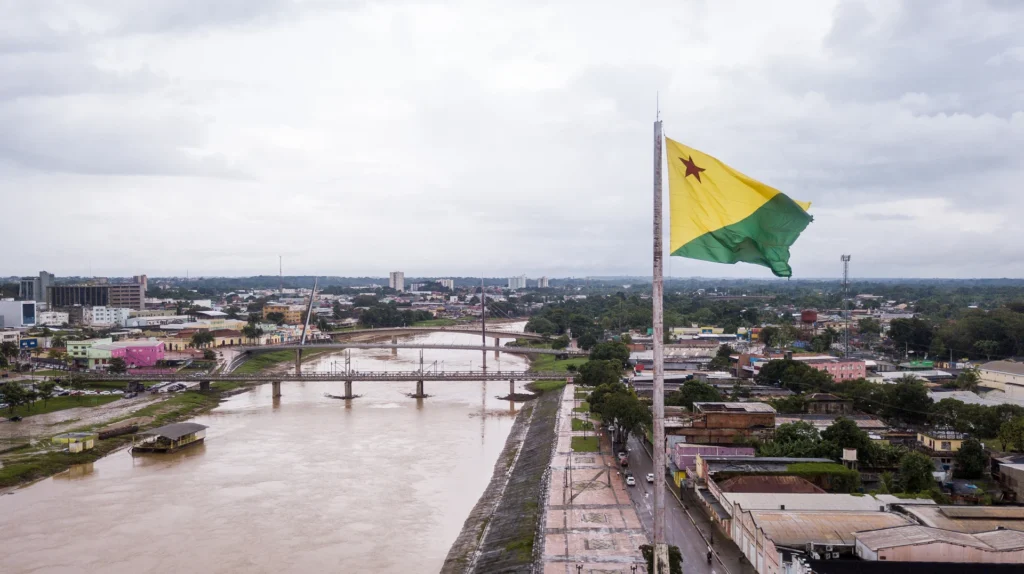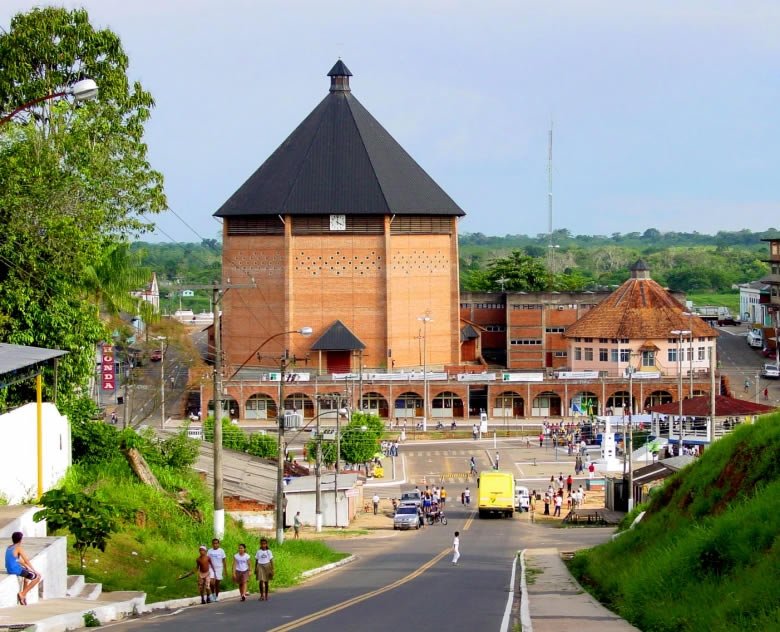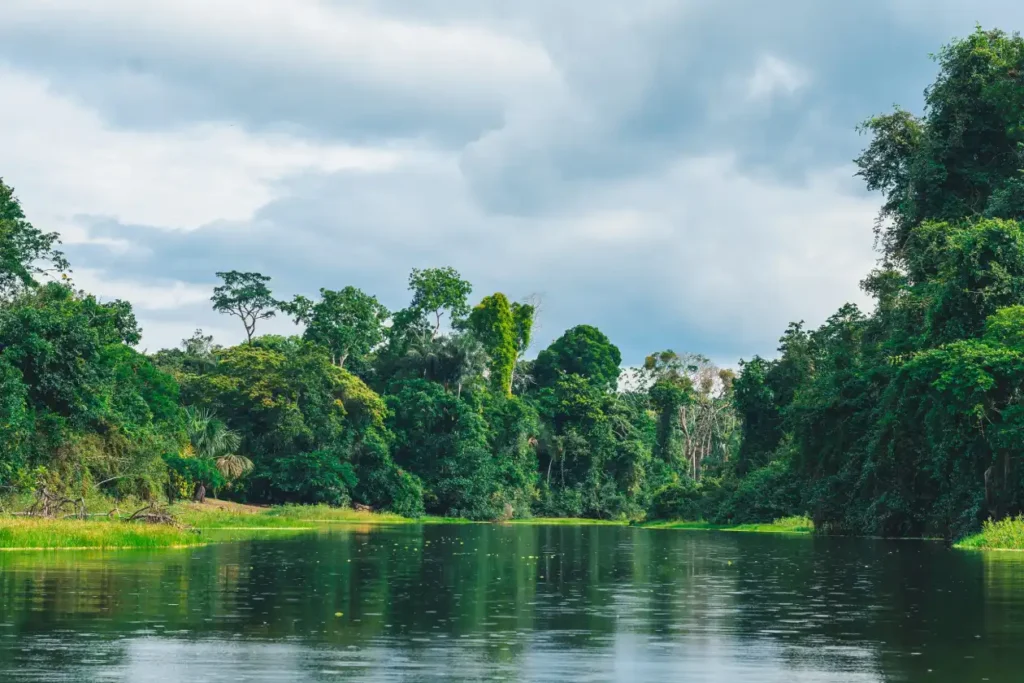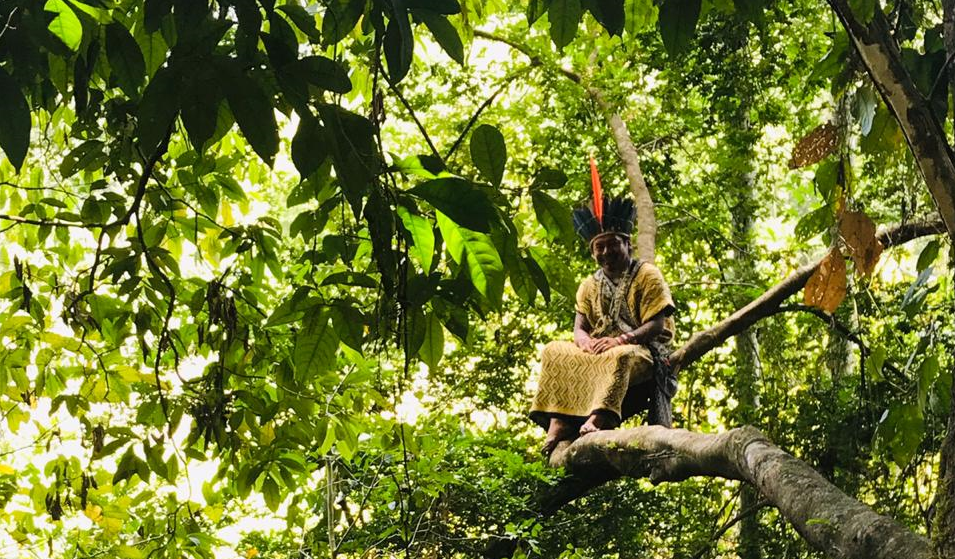Acre, a state located in the northern region of Brazil, is marked by a rich cultural, environmental and historical diversity. With its exuberant nature, vast forest cover and peculiar history, this border region stands out for its particularities.
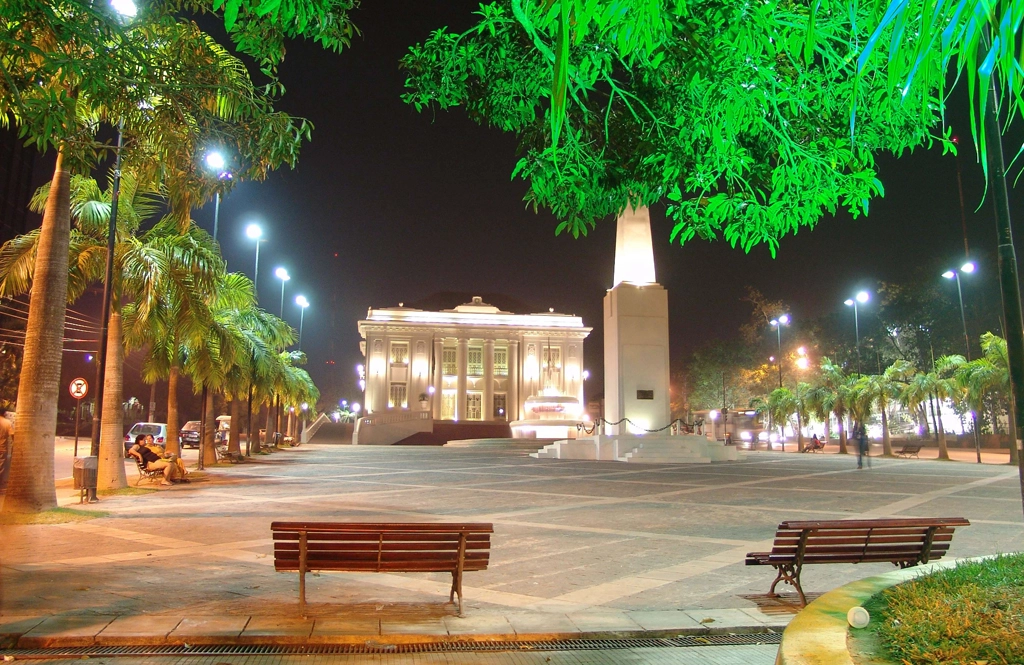
The scene of several historical events, Acre was annexed to Brazil in 1903 following conflicts between rubber tappers and Bolivia, a period known as the Acrean Revolution. The movement was led by Plácido de Castro, who advocated the integration of the territory into Brazil, changing its status from foreign territory to part of the country.

With its exuberant nature, Acre is home to part of the Amazon and boasts an incredible biodiversity, providing a habitat for a wide variety of plant and animal species. Its capital, Rio Branco, is a cultural and economic center where indigenous culture, agro-extractive production and environmental preservation go hand in hand.
Acre’s population is made up of different ethnic groups and cultures, including indigenous peoples such as the Ashaninka, Kaxinawá and Yawanawá, which contribute to cultural diversity. It has a peculiar cuisine, with typical dishes such as manioc flour, tacacá and duck in Pardo sauce, which is an indigenous gastronomic influence.
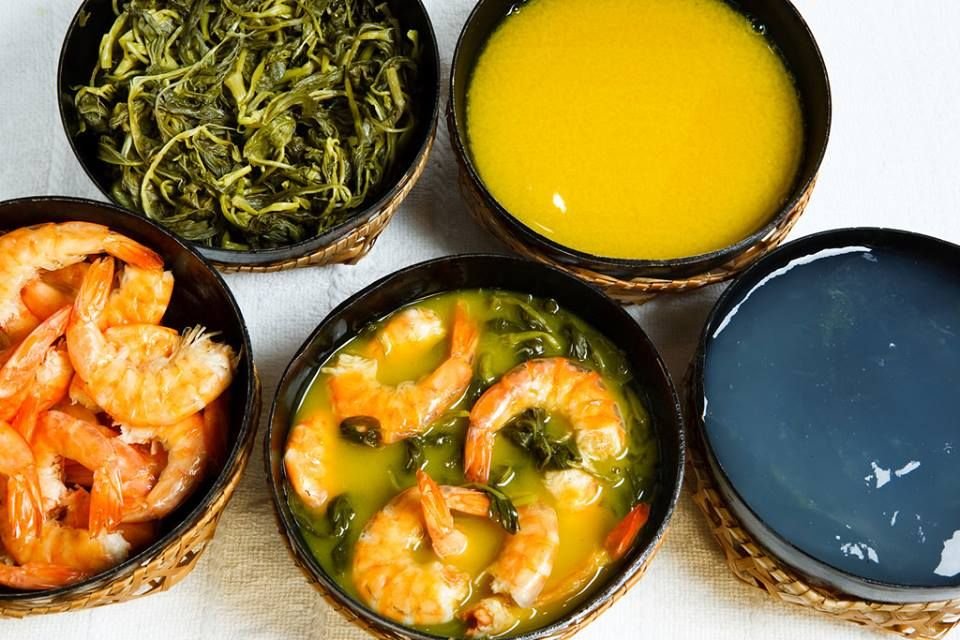
Acre’s economy has been fueled by rubber and Brazil nut production, as well as logging and ecotourism. Environmental conservation is an important issue in the region, given the importance of the Amazon rainforest to global biodiversity and the planet’s climate.
Its culture and history, whose importance is not only regional, but also national and global, due to the environmental preservation and cultural richness of its territory.
This region has an exuberant nature, with parks and natural reserves that are ecological treasures, unique species of flora and fauna, waterfalls, rivers and impressive forests.
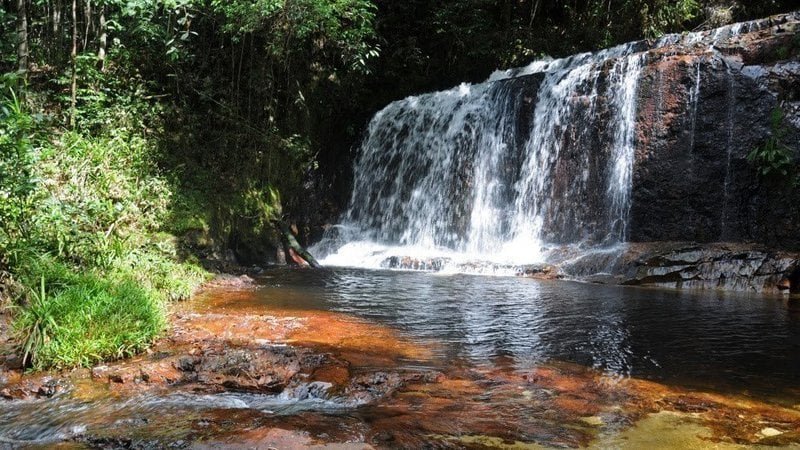
Acre, with its own culture, richness and identity, enchants visitors and keeps its history alive, contributing to Brazil’s cultural diversity.

